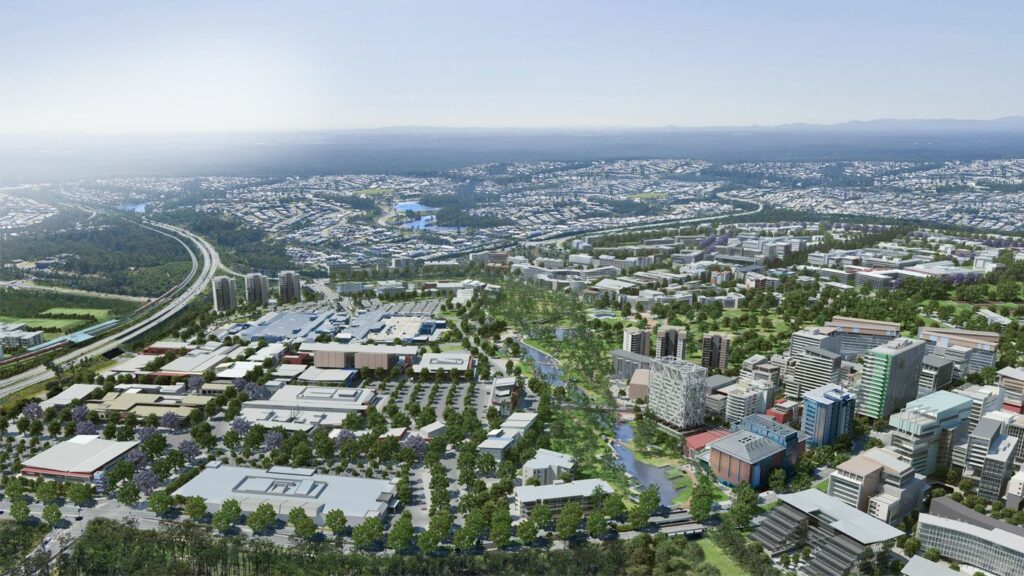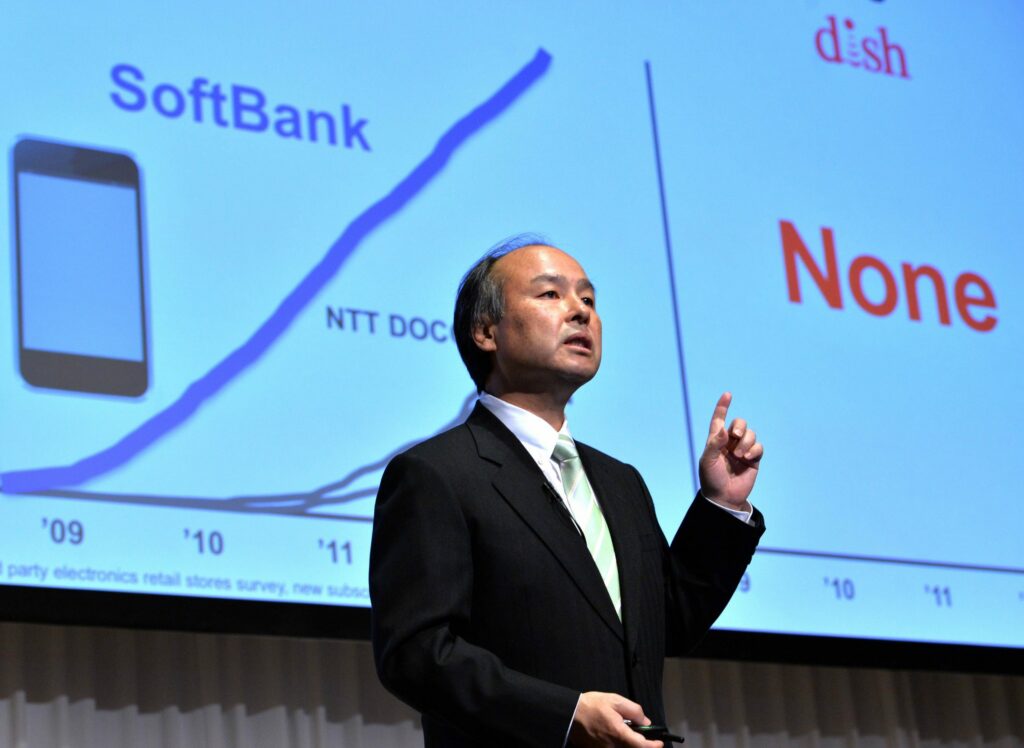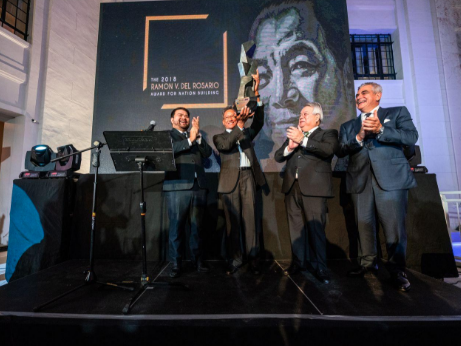DBOS believes in the value of exercising our corporate shared responsibility. We understand the impact it could make to our people, the company, and everyone outside of it. Giving back to the communities and encouraging our staff to do the same has been a regular practise since the company started. Not only it gives our employees a sense of meaning, but also the feeling that they are contributing, not just to their organisation but also to the communities outside of it. It also makes them better colleagues with a more attuned sense of empathy and understanding toward others.
Our CEO and Founder, Jacqui Miller always make sure that the company’s anniversary celebration includes a charity event or any form of giving back to the people. She empowers and encourages her people to practise giving back – it is a vital part of how she operates a business.
To celebrate the 4 fruitful years of DBOS in the business, we aim to pursue our corporate shared responsibility with a bigger range. Just when we were looking for the right moment to do so, WWF-Philippines reached out to us and presented the “Let’s Bring Water to Beton” project which aims to build two rainwater collecting tanks to suffice the resident’s need for clean water.
After careful deliberation and planning, finally, on May 6, 2019, Dynamic Business Outsourcing Solutions and WWF-Philippines officially launched the “Let’s Bring Water to Beton” fundraising project.

The Fundraising
Raising the funds for the two (2) rainwater tanks amounting to PHP100,000 was not easy. With 3 months on our hands, numerous ideas came to mind to fulfil the total cost. Together with our think tanks, we came up with a fundraising competition for the staff by selling WWF notebooks and raffle tickets – that comes with a chance to win a 32″-inch smart TV.

Extending our efforts, we also set up a gofundme campaign to reach the international audience, which in the end, we raised a total of $935.

It is caused by the endless support and cooperation of all staff, their families, friends, and the clients, that we raised a huge amount of donations, with DBOS filling up the remaining balance. And after 3 months of a collective effort from everyone, the official fundraising activity successfully concluded on August 17.
The Awarding of Donation/Top Fundraisers
On the same day, after the DBOS annual sports fest, a simple handing over ceremony was held. The full amount of PHP100,000 for building the two rainwater tanks was handed over to the representatives of WWF-Philippines.

Still, with high spirits from the recent sports activities, the staff of DBOS gathered around to hear the message of appreciation from WWF-Philippines. To further express their gratitude for making the project possible, they brought special gift sets for the top 3 fundraisers.

On the same event, the lucky winner of a 32″-inch smart TV was drawn and announced.

Jean Geraldine Gatus, the top DBOS fundraiser gathered a total of PHP11,760 by selling the notebooks and raffle tickets also won the all-expenses-paid special trip to Beton for 3 days and 2 nights. She was set to experience the life of the locals, as well as take part in the construction of the rainwater tanks.
The DBOS Team Goes to Beton
Less than a month after the fundraising event, the DBOS team, together with a WWF representative, was set to visit the island of Beton.

On the morning of September 6, their 1-hour flight was bound to Puerto Princesa. From the airport, they travelled 4 hours by land to mainland Taytay. After that, another 5-minute tricycle ride to the port. From there, a final 40-minute boat ride to the island of Icadambanaua sailed to where Barangay Beton is located.

From afar, the first thing that you’ll notice is the vibrant-coloured fishing boats that were carefully lined up on the coast of the island. Those are owned by the residents of Beton as they rely on fishing alone to feed their families and also as a source of income. But, some of them farm sea cucumbers and sell it on the mainland for additional profit.

Living in Beton appears to be quite simple when you look on the outside. However, diving deeper in the community will give you a better insight into how the people get by every single day.
As we live with the locals for 3 days and 2 nights, we learned that the electricity only reached their island just before Christmas last year. But, it is not a 24-hour supply yet. They only have at least 8 hours of electric consumption every day that lasts from 3:00 pm to 11:00 pm. But it is a good thing that they were given solar lamps to light up their houses from the wee of the night until the morning comes.
Electricity is one thing, but their major problem is the stable and cleaner source of potable water. Households in Beton has no faucets. On this modern day and age, the lack of a stable water source is a battle that they continue to face every day. Fetching water from the well on the mountain is a routine for most of the residents.

However, the water on the well is still undrinkable. They only use it for cleaning their toilets, the school, and watering the plants. As for the clean water for bathing, drinking, and toothbrushing, they have no other choice but to get it from the mainland which requires an hour and 20 minutes to go back and forth.
The Rainwater Collecting Tanks
To provide the community with easier and cleaner access to drinking water, the DBOS fundraising project in partnership with WWF-Philippines made it possible to build two rainwater collecting tanks for the people of Beton. Each water tank costs around PHP50,000 including the labour and materials needed. One rainwater collecting tank is expected to store 3,000 litres or 15 drums of water which when multiplied twice is just enough supply for the community to use during the dry season.

The construction of the rainwater tanks started on September 2 and was completed on September 9, under the supervision of Geoffrey Aidula, WWF’s community coordinator for the “Let’s Bring Water to Beton” project. With his help, some of the residents of Beton skillfully learned how to build, clean, and maintain the rainwater tanks. The skillset that they’ve earned could also be another source of income for them.
According to him, the rainwater tanks will last for at least a decade, guaranteed that it is well taken care of. He also mentioned how these rainwater tanks would hugely impact the community’s shortage of clean water.
The Beton Elementary School
Aside from the households as major beneficiaries of clean water from the tanks are the children of Beton Elementary School.

Before the rainwater tanks, the students are required to bring at least one litre of water every day to school for flushing their toilets. To comply, the kids went as far as daily going up the mountains to fetch water on the well. And although they are used to this routine, the risk of an accident is still unforeseen.
Now, one of the rainwater tanks is strategically placed at the back of the school and is connected to the faucets for the school’s handwashing program.

The school’s headteacher, Mr Ricknel Herman is planning to implement better hygiene programs for the students. One of those is to teach the kids how to properly wash their hands. Also, on behalf of their school, he did not forget to extend his grateful heart to DBOS and WWF for helping their community.


Beton Elementary School adorns their small community as it occupies the centre of the island. The colourfully painted tires which were used as decorations and the clean school grounds bring life to the remote island. Also surrounded by luscious greenery, the students get to enjoy the serenity of their environment and focus on learning. When the current is strong, some of them needs to walk through the mountains to reach the school and attend their classes. However, when it rains, most parents don’t allow their kids to go to school because the mountain becomes slippery which is risky for them. Nonetheless, the students of Beton Elementary School appreciate the opportunity of getting a good education. Their lack of proper school uniforms and shoes does not affect their willingness to learn.
Takeaway
Witnessing and experiencing the life of the residents is a lesson learned a motivation to continue the meaningful practice of the corporate shared responsibility. Not only it is fulfilling to do so, but just imagine how many lives you’ll get to touch by being a part of a collective effort like such.
So in behalf of the whole DBOS family, we would like to send our utmost gratitude to Barangay Beton for the warm welcome to our team and we are very much happy to be of service to the community. And even if the project has already been concluded, Barangay Beton is surely a place we’ll never forget.






